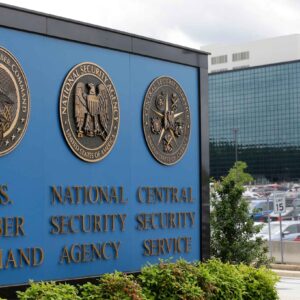Americans, with vaccinations continuing to rise, are eagerly flying the coup as the economy opens up.
They’re largely the good guys – taking the family on a trip to ease the mental strain while supporting travel and hospitality businesses.
But the bad guys know how to spoil things, and scammers are targeting several areas of the travel industry.
According to a CNN Travel story, these opportunists can take the form of travel agents and travel-ticket brokers via websites and phone calls.
And, on the subject of the internet, advocacy groups such as the Better Business Bureau want consumers to be aware of shady links, standalone sites and emailed offers.
Those sites can offer a range of travel-industry services: rental cards, hotels and even full vacation packages.
The CNN report cited Federal Trade Commission data that showed a vacation/travel related loss of $26 million January-March 2021, with a per-incident reported loss of about $1,100.
CNN drew data from RoboKiller, an app that tracks these sorts of scams. The company estimated that travel-centric robocalls could reach 5 billion this year in the U.S. — an increase of 80 percent from 2020.
The bad guys do their research, a company representative told CNN.
“Scammers do tend to follow what people are doing, because people are susceptible to scams that are believable and relevant to their daily life,” said Giulia Porter, VP/marketing at TelTech, owners of RoboKiller.
Porter cited scams that begin with a lie: “Hi, we’re from (legitimate company such as Delta, Booking.com, Marriott) and we have a deal for you.”
Or, simply the lure of a vacation package – that type of scam, RoboKiller said, has risen 300 percent over last year.
“The end goal is the same: to get your personal and financial information so that they can then use that however they want,” Porter said.


















Add comment